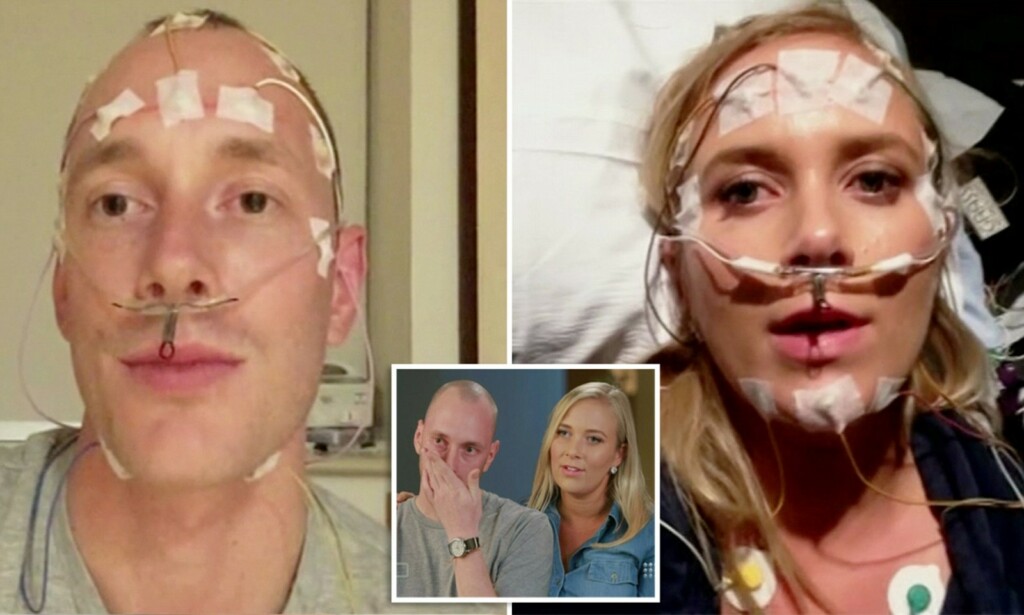Many of us are familiar with common diseases like heart disease, cancer, and Alzheimer’s, but some medical conditions sound like they belong in a science fiction novel. These strange disorders can make you believe that you’re dead or give you an accent you’ve never had before. Although they are rare, up to 1 in 10 Americans live with sporadic diseases, and learning about these fascinating conditions can offer insight into the complexity of the human body and mind. In this article, we’ll take a closer look at some of the weirdest diseases in the world, and although you may hope to never experience them, their stories and symptoms are sure to captivate and intrigue you.

A Disease That Gives You Such Bad Insomnia, You Could Die
If you’ve ever had a sleepless night, you might be able to understand just how hard it is on the brain and body. Our bodies need sleep to survive. Rest heals the brain and the muscles of the body, so we can continue living, but fatal familial insomnia affects the thalamus, the part of the brain regulating sleeping and waking. Symptoms typically begin in adulthood, but the onset ranges from 13-60. Starting gradually and worsening over time, fatal familial insomnia is passed down through autosomal dominant inheritance. It often begins with insomnia, but as the condition progresses, it also leads to panic attacks, paranoia, and phobias. This stage typically lasts for about four months. But it doesn’t stop there. Hallucinations begin, and panic attacks become more frequent for about five months. The complete inability to sleep follows and lasts for about three months. Dementia, leaving the person unresponsive or mute over six months, is the final stage of the disease, followed by death.
